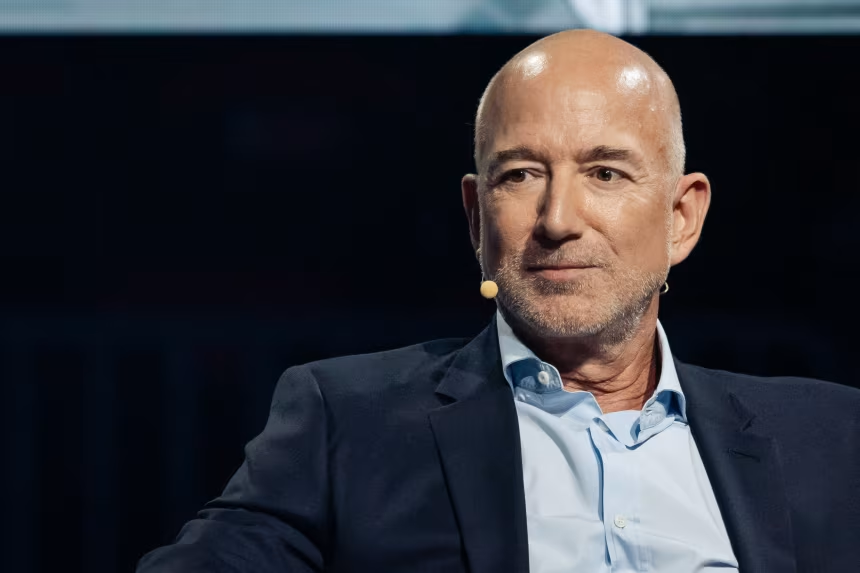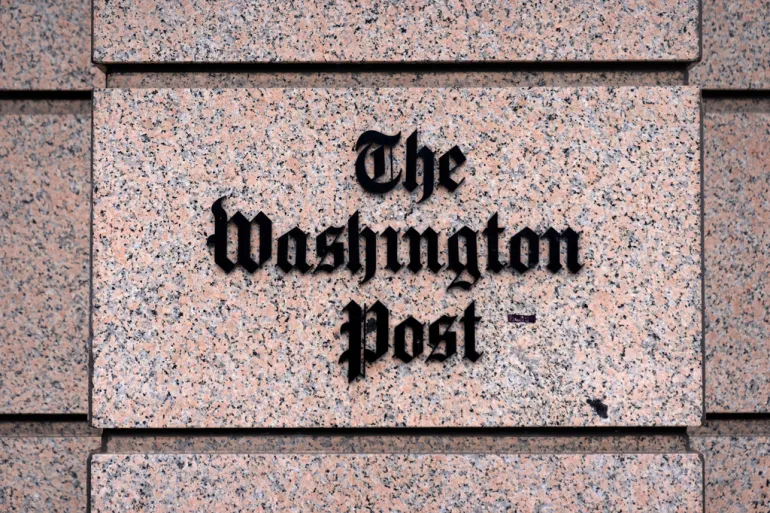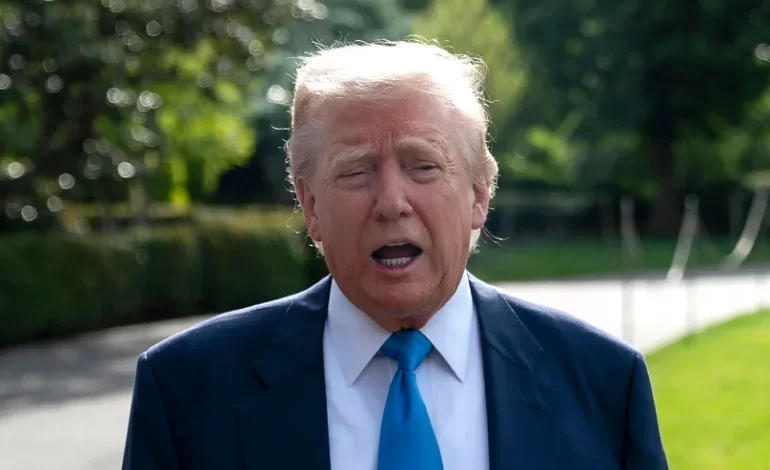President Donald Trump suggested on Sunday that he may introduce an income tax cut to help counterbalance the economic effects of his administration’s widespread tariffs, which recent polls show many Americans believe could lead to higher consumer prices, the Hill reports.
Posting on his Truth Social platform, Trump indicated that income taxes for many individuals could be “substantially reduced, maybe even completely eliminated” as tariffs take effect. He emphasized that the proposed relief would focus on people earning less than $200,000 annually.
Defending the broader economic strategy behind his tariff policies, Trump claimed that the measures were already creating “massive numbers of jobs,” with new factories and plants either under construction or in the planning stages. He described the situation as a “BONANZA FOR AMERICA” and referred to the tariff-driven revenue as part of a new “EXTERNAL REVENUE SERVICE.”
The idea of replacing or significantly reducing federal income taxes through increased reliance on tariffs is not new for Trump, though some economists have questioned whether tariffs alone could generate sufficient revenue to fund government operations.
Since taking office, Trump has implemented a series of tariffs, including a 10 percent baseline rate and higher “reciprocal” tariffs targeted at specific countries. While certain country-specific tariffs have been delayed pending trade negotiations, others—such as those on goods from China, Mexico, and Canada, as well as global tariffs on automobiles, steel, and aluminum—have already gone into effect, impacting global trade markets.
Polling data suggests skepticism among the American public regarding Trump’s tariff policies. A recent Associated Press-NORC Research poll found that three out of four Americans expect the tariffs to increase prices for consumer goods. Additionally, a separate NBC News survey indicated that at least 60 percent of Americans disapprove of Trump’s handling of trade, tariffs, and inflation.
Trump’s remarks come as Congress prepares to return to Washington, where Republican lawmakers are aiming to advance parts of his legislative agenda, including efforts to extend the tax cuts enacted in 2017.










The latest news in your social feeds
Subscribe to our social media platforms to stay tuned